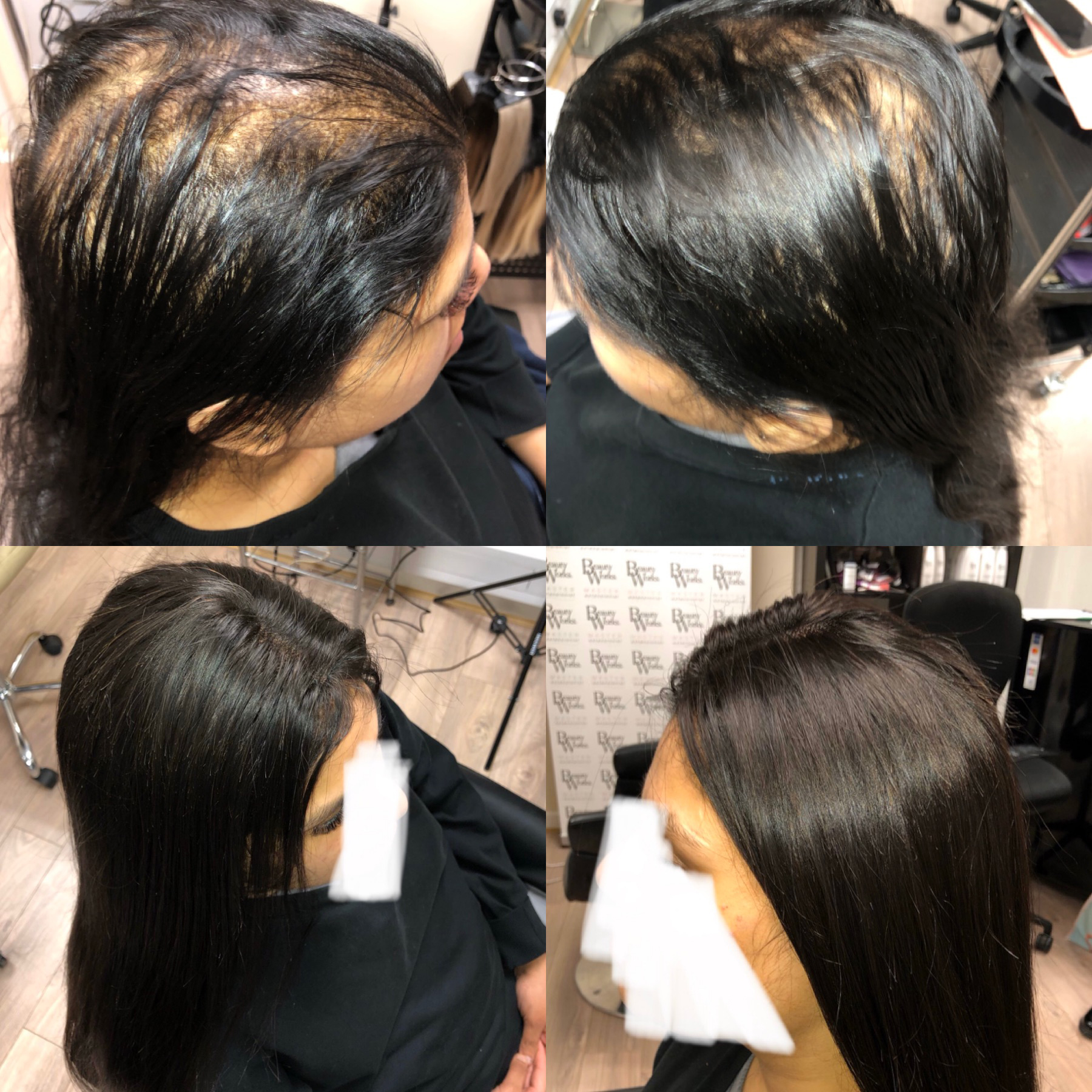
Understanding the Causes
First and foremost, it’s crucial to understand the root causes of hair loss. In women, hair loss can stem from a variety of factors such as hormonal changes, stress, nutritional deficiencies, and certain medical conditions like thyroid issues or autoimmune diseases. Understanding the underlying cause is key to tackling the issue effectively.
Consult a Professional
If you’re experiencing significant hair loss, it’s best to consult with a healthcare professional for a proper diagnosis. Blood tests and scalp examinations can pinpoint the cause and help tailor the treatment to your specific needs.
Nutritional Interventions
Iron-rich Diet: Low iron levels can contribute to hair loss. Incorporate iron-rich foods like spinach, lentils, and lean meats into your diet.
Protein Boost: Hair is made up of protein, so make sure you’re getting enough. Options like fish, eggs, and plant-based proteins like lentils are great choices.
Vitamin Supplements: Sometimes your diet may not provide all the nutrients you need. Supplements like biotin and vitamin D can aid in hair growth. However, consult your healthcare provider before starting any supplementation.
Topical Treatments
Minoxidil: This is an over-the-counter topical treatment that’s been proven effective in promoting hair growth. It’s usually applied to the scalp twice daily.
Essential Oils: While not as scientifically supported as minoxidil, some women find that essential oils like lavender or rosemary help in stimulating hair growth when massaged into the scalp.
Medicinal Treatments
Oral medications can also be effective in treating hair loss. Finasteride, more commonly used for men, is occasionally prescribed for women under specific conditions. Hormone replacement therapy (HRT) can also help if hormonal imbalances are the cause, but they come with their own set of risks and should be thoroughly discussed with a healthcare provider.
Haircare Routine
Gentle Shampoo: Opt for a mild, natural shampoo that’s free from harsh chemicals that can weaken hair.
Avoid Tight Hairstyles: Styles like tight ponytails or braids can cause tension on the hair follicles, leading to hair loss over time.
Regular Trims: Split ends can make hair more susceptible to breaking. Keep them at bay with regular trims.
Lifestyle Changes
Stress Management: Stress hormones can exacerbate hair loss. Incorporate stress-reducing techniques such as meditation, exercise, or deep-breathing exercises into your routine.
Regular Exercise: Regular physical activity can help to balance hormones and encourage hair growth.
Sleep: Don’t underestimate the power of a good night’s sleep. It’s the body’s natural recovery time, which includes recovery for your scalp and hair.
Conclusion
While hair loss can be a distressing experience, it’s comforting to know that there are various approaches to manage and combat the issue. From dietary changes and topical treatments to medications and lifestyle alterations, several methods can help you on your journey to healthier, fuller hair. As always, a personalised treatment plan created in consultation with healthcare professionals is the best approach.


